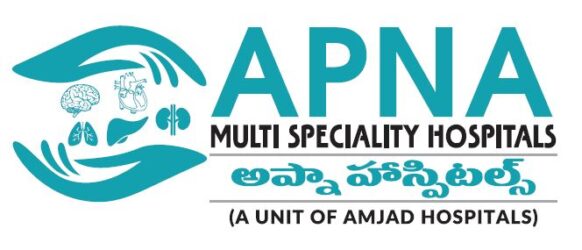Gastroenterology is the study of the normal function and diseases of the esophagus, stomach, small intestine, colon and rectum, pancreas, gallbladder, bile ducts and liver.
It is the branch of medicine focused on the digestive system and its disorders. Diseases affecting the gastrointestinal tract, which include the organs from mouth into anus, along the alimentary canal, are the focus of this speciality. Physicians practicing in this field are called gastroenterologists.
Any disruptions in the normal functions of the stomach and intestines cause disorders such as irritable bowel syndrome (IBS) (irritable colon) in which the colon muscles contract more than usual and cause abdominal pains and cramps, excess gas, bloating, alternating constipation and diarrhoea and change in bowel movements. Another such disorder is Pancreaticobiliary disorders, a complex disorder that affects the gall bladder, biliary ducts and the pancreas, where any obstructions, tumors, injuries, lesions, and leakages in these structures causes symptoms like gallstones, bile duct stones, pancreatic stones, pancreatic cancer, Congenital diseases of the bile ducts, etc.
The liver is one of the most complex organs of the body, which has many essential functions, chief among them being converting food to energy and storing it as glycogen as well as removing toxins and impurities from the blood. If the liver disease develops then the liver functions are disrupted and cause Hepatitis A or jaundice, Hepatitis B, tumours, etc.
Advanced endoscopy, sometimes called interventional or surgical endoscopy, is a sub-specialty of gastroenterology that focuses on advanced endoscopic techniques for the treatment of pancreatic, hepatobiliary, and gastrointestinal disease. Interventional gastroenterologists typically undergo an additional year of rigorous training in advanced endoscopic techniques including endoscopic retrograde cholangiopancreatography, endoscopic ultrasound-guided diagnostic and interventional procedures, and advanced resection techniques including endoscopic mucosal resection and endoscopic submucosal dissection. Additionally, the performance of endoscopic bariatric procedures is also performed by some advanced endoscopists. we believe in offering our patients the highest quality of medical care. Our physicians combine their excellent surgical skill and clinician talent with some of the latest state of the art technology and modern medical instruments to provide an uncompromised quality of treatment. Leveraging innovative medical technologies enables our gastroenterologist to gain clear visual access to the interiors of the body, scrutinize any sign of infection and prevent the spread of disease.

